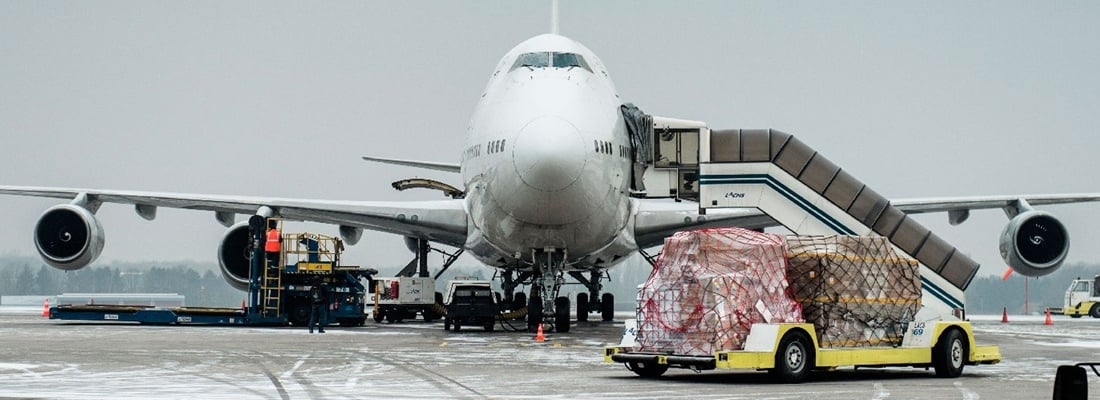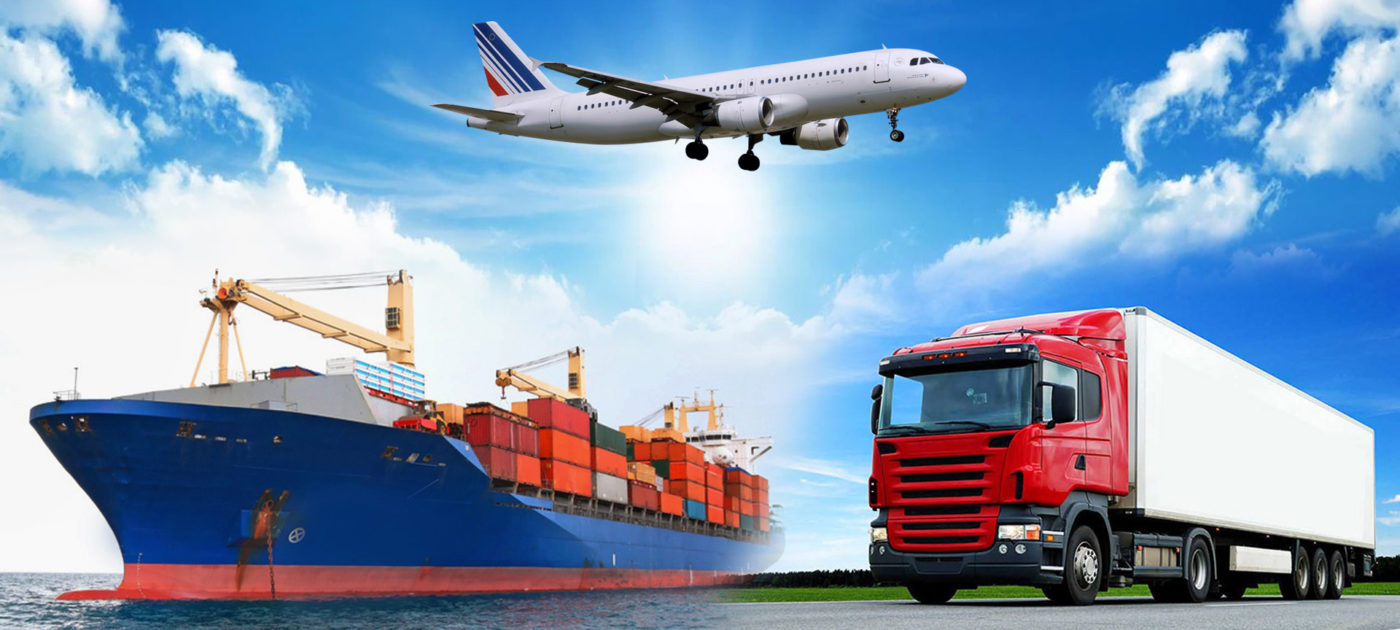There are numerous modes of transportation available. People have traditionally depended more on land and marine transportation. You can also pick air freight shipment in addition to these two options. If you’ve never shipped items by plane before, you should give it a go. However, like with any means of transportation, there are advantages and disadvantages to consider. As a result, you should prepare yourself before shipping your consignment by plane.

The Advantages of Air Transport
1. High Speed
Air transport is ideal for sending items that must be delivered across extensive distances in a short period of time. Given the rapidity with which items may be transported, air freight cannot be replaced by any other means of transport in times of emergency.
2. Allows for the Transport of Perishable commodities
Shipping perishable food can be tricky since they can spoil get spoiled quite easy. For this reason, you should opt for air freight transport. Air transport is suitable for delivering perishable items with a short shelf life.
3. There is no need to invest in infrastructure
Air freight does not need massive financial investments in the building of ports or tracks, like ships and railroads do.
4. Stability of Arrival and Departure
With the assistance of airline services, it is simple to track your merchandise and follow the specified delivery time. You’ll see which plane it is and when it will take off and land. Your shipment may go anywhere by land or water until it reaches a large destination. A missed flight does not imply having to wait until the next day to fly. They fly almost every hour. As well as fewer air travel flights, customs duties can be reduced as much as possible.
5. Minimize Your Reliance on Warehousing
Small enterprises will rely less on storing local goods if deliveries are delivered faster. Outflows and business flows drive organizations to produce ahead of schedule. Inventory control becomes more intuitive when cargo can fly swiftly. This is a significant benefit in terms of consumer adaptation to trends, seasons, and so on.
6. Reliability of air transport
Air freight are more secure than any other means of transportation currently available. According to data, less than 15% of late arrivals have occurred. Furthermore, just 2% of scheduled flights have been canceled. When all of this is considered, there is a good probability you will receive your shipment on time. When compared to sea transport, this is a significant benefit. The shipment date varies since it is difficult to predict the exact loading and unloading times in ports.
The Disadvantages of Air Transport
1. Very Costly
Air freight is the most expensive way of transportation. Air freight charges are so expensive that low-value items cannot be transported. The price is three times more normally than sea or land.
Due to the current situation, prices may change without prior notice.
2. Uncertain and Unreliable
Air transport can be uncertain and unpredictable since it is heavily influenced by weather conditions. Unfavourable conditions such as fog, snow, or severe rain, among others, may cause planned flights to be canceled and air service to be suspended.
Smaller Carrying Capacity
Aircraft load capabilities are restricted and frequently insufficient to meet the needs of most international shippers. Airplanes are inadequate for transporting large and heavy items.
That’s all you need to know about air transport ‘s pros and cons.
Don’t hesitate us to contact Best Cargo for consultation of air freight services immediately!
You may concern:
Advantages and disadvantages of Current modes of transport
Transporting goods from Vietnam to Germany, the most prestigious number 1




